If you build it, they will come is a cliche, to say the least. In the context of parks, recreation trails, and conservation of biodiversity, Marty Pfeiffer offers a new twist on the old cliche: If they come, can you still conserve biodiversity?
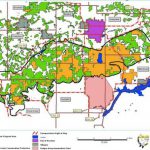
Land use change is currently the largest threat to biodiversity, and exacerbates the detrimental effects of climate change. We are interested in novel types of land use change, such as housing growth in the WUI, and widespread land abandonment after socioeconomic shocks, and how such changes affect biodiversity.

If you build it, they will come is a cliche, to say the least. In the context of parks, recreation trails, and conservation of biodiversity, Marty Pfeiffer offers a new twist on the old cliche: If they come, can you still conserve biodiversity?
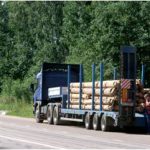
After the collapse of the Soviet Union in 1991, privatization of timber firms was expected to provide an efficient mechanism for the management of forest resources in Russia. Kelly Wendland analyzes how economic factors have impacted harvesting since transition and explores whether weak governance effected investment decisions in European Russia.
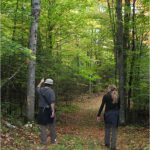
Trends in land use, and in turn wildlife habitat loss, are closely interlinked with economics. Predicting forest bird diversity under different simulated land use scenarios, including both ecological and economic parameters, improves our understanding of the effects and drivers of habitat loss.

Worldwide, intensifying land use is limiting management options inside and out of national parks. Shelley Maxted and others developed a land use monitoring approach and applied it to two parks in the Midwest to assess development pressures. They found considerable changes in road and housing density and landscape fragmentation.

Is zoning an appropriate tool to protect lakes? Van Butsic answered this question for a study region in Northern Wisconsin. He found out that zoning is only effective on lakes with a certain baseline development. One size fits all zoning is ineffective.
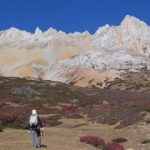
Last fall, Jodi Brandt started a new, exciting project studying intertwined networks of human-natural relationships in NW Yunnan, China. Jodi will primarily use high-tech remote sensing and geographic information system approaches to uncover some of the mysteries of her study region.

With an increasing human population and expanding impact on the environment, extinctions are happening at an unprecedented pace. So what would happen if people suddenly left the land and let it return to a natural state. Well, just such a scenario is playing out in Eastern Europe following the collapse of the former U.S.S.R..
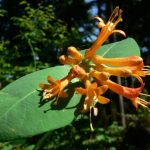
How important is the past to understand present plant invasions? Gregorio Gavier Pizarro recently found that plant invasions may depend more on historic housing and road patterns than on today’s urban sprawl. To the contrary, contemporary forest fragmentation explained invasions better than fragmentation legacies.